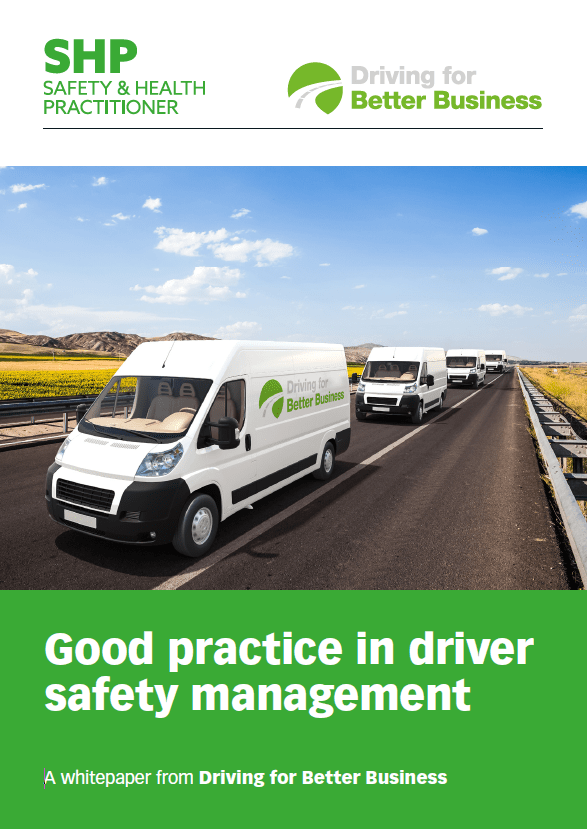Although Britain has met its road safety targets for 2010 the Government still faces “a significant challenge” to realise its vision of making Britain’s roads the safest in the world.
The word of warning was issued by the Institute of Advanced Motorists (IAM), following the announcement by the Department for Transport this week that the number of people killed in road accidents in Britain in 2008 is the lowest since records began. In all, 2538 people died on the roads last year — a drop of 14 per cent on the 2007 total, which was the previous record low (2946 deaths).
Pedestrian deaths fell below 600 for the first time, to 572, while there were also decreases in the numbers of cyclists, motorcycle users, and children who lost their lives in road accidents.
In 2000, the Government announced a new road safety strategy, in which it set targets for reducing casualties by 2010, including a 40-per-cent reduction in the number of people killed or seriously injured on the roads, and a 50-per-cent reduction in the number of children killed or seriously injured. The 2008 figures represent an achievement of both those targets but the aim to make Britain number one in the world for road safety by 2020 — stated in the Government’s proposed road safety strategy published in April this year — will be a struggle, said the IAM.
Pointing out that the country is currently sixth in the world for road safety, the Institute’s director of policy and research, Neil Greig, said: “Compared with the top five safest countries, we have a much denser road network, used by a disproportionately high number of cars. As the number of road casualties gets smaller, it will become increasingly difficult to save a life.
“The challenge for the Government is to provide a safe and modern road network, and for motorists to take more responsibility for their safety.”
The IAM recently published an update of its 2007 report, Motoring Facts, which includes a section devoted to occupational driving and the fleet industry. The report states that more than 85 per cent of new company cars are fleet vehicles, but they account for only 9 per cent of all cars on the road.
This week’s statistics do not include a breakdown of fatalities involving at-work drivers but the DfT has previously estimated that, every week, around 200 road deaths and serious injuries involve someone at work, and, with some three million company cars on the roads, around one in three will be involved in an accident each year. Work-related road accidents account for between 800 and 1000 deaths a year, making them the biggest cause of work-related accidental death, the Department has said.
RoSPA, which campaigns vociferously on the issue of road safety, welcomed the drop in road casualties. Said its head of road safety, Kevin Clinton: “This new record low shows that the fall in road deaths is a trend, not a statistical blip. Every reduction in these numbers represents a person who has not been killed, or injured, and a family that has not suffered the devastation caused by a road accident. It is particularly pleasing to see improvements in the safety of vulnerable road-users.”
Click here for a summary of the DfT statistics.
This eBook will guide you through some of the key understandings you need to be able to manage driver safety effectively and, at the end, provide a series of free resources you can access to help you ensure your own driver safety management system is robust, legally compliant and in line with industry-accepted good practice.
Download this eBook from Driving for Better Business and SHP to cover:
- Why do we need to manage driver safety?
- Duty of care – a shared responsibility;
- Setting the rules with a driving for work policy;
- Managing driver safety;
- Ensuring safe vehicles;
- Safe journeys and fitness to drive;
- Record keeping;
- Reporting;
- The business benefits of good practice;
- Additional resources

